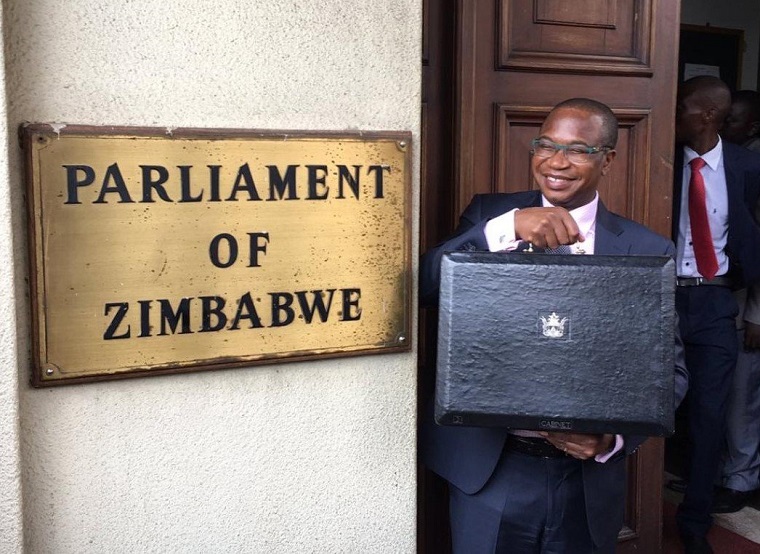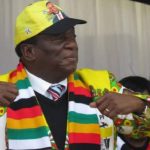The ugly
These are some of the ugly things that Ncube, and indeed the entire Government, can do without.
There is a line in Ncube’s budget that shows government’s hypocrisy on austerity. “In order to assist senior public servants, whose input is invaluable under very difficult circumstances, it is proposed to provide for duty free importation of vehicles under the scheme, subject to prescribed conditions.”
So, while demanding foreign currency payments for car import duty from everyone else, “senior civil servants” will not have to pay duty entirely.
The Government is sticking to the 1:1 parity. According to Ncube, “Government commits to preserving the value of money balances on the current rate of exchange of 1 to 1, in order to protect people’s savings and balance sheets”.
Ncube’s thinking on this, expressed in the budget, is this; floating the currency without any reserves to back it up will see the rate going through the roof. Local balances would be decimated, and prices would rise.
This makes sense. However, demanding some duties in US dollars contradicts the entire insistence on currency parity and presents an image of policy contradiction.
If Zimbabweans can barely wrap their heads around why the government claims local money is equal to the US dollar, while speaking of “foreign currency” for duties and fees, then imagine how confusing it must be for any of the foreign investors that the Government is so desperate for.
The government still insists on the RBZ allocating foreign currency to importers. Concessions have been made to mines; they can now keep 55% of their export earnings in US dollars. However, they still need to queue at central bank for allocations.
Even worse, Ncube has set up a “Foreign Currency Allocation Committee”, which will decide who gets what money. Ncube claims this committee will have “broader representation as was the case in the past”, and that it is only temporary. But it is an apparition that should remain in the past and has no place in a free market.
Government is spending $3.2 million on a Parliament building that the country does not need. The budget for it will be supported by US$31.9 million from China.
After rival political parties in 2013 conspired to increase the numbers of MPs, the current Parliament can no longer accommodate the 270 lower House MPs and 80 senators. The proposed new Parliament will fit 655.
The new building will forever stand as a middle finger to Zimbabweans, who are begging their government to cut its size and live within its means.
The UK, which has a $3 trillion economy, is happy to squeeze 650 MPs into its 437-capacity House. Zimbabwe, whose economy is a fraction of Britain’s size, somehow believes it deserves more space.
Of course, no politician from either side of the aisle will support cutting Parliament. None of them wants to leave the gravy train. It would take strong leadership to push for that. But nobody is showing the stomach for such radical steps.
Zimbabwe does not need 655 seats for MPs. In fact, the country needs less politicians.
Continued next page
(1001 VIEWS)


